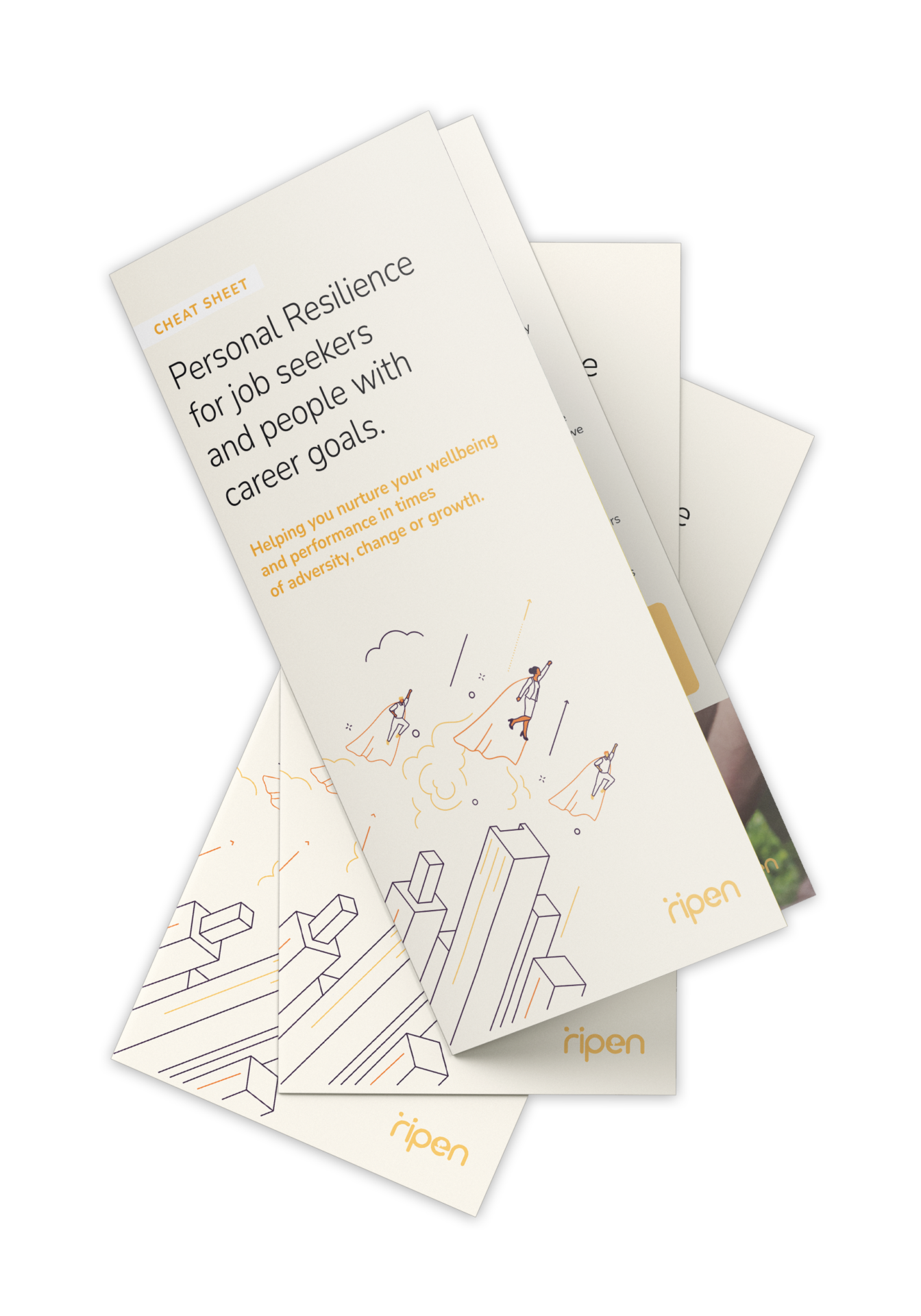Let’s imagine it’s the end of the road and your life is reaching its final curtain. Well done for making it this far, but are you happy with how your life turned out? Research by Cornell University suggests our biggest regrets on our deathbed are less about the things we did, or tried and failed at, and more about not becoming who we could have been. This is based on the
self-discrepancy theory of the three selves: the
actual self, the
ought self and the
ideal self.
The actual self is who you believe yourself to be in terms of the characteristics and abilities you actually possess – ‘I am good at listening’. The ought self is who you think you ought to be and the abilities you ought to possess based on your obligations and responsibilities – ‘I should be a better parent, friend, lover…all of the above!’. When there is a discrepancy between the actual self and the ought self we typically take action to fix it, or we don’t and it becomes a trigger for anxiety. Making mistakes while learning to master new obligations and responsibilities feel horrible in the moment, but we usually get over them with a ‘live and learn’ mentality. Such as when you become a parent for the first time and you have no choice but to accept failures (on a daily basis!) as a natural part of the learning process.
However, the ideal self is who you’d ideally be and the abilities you’d ideally possess, if you could. Perhaps your ideal self involves being your own boss, but you’ve never followed through on your goals and ambitions because you’ve stayed in a job or career that was the safer option. According to the research, not reaching, achieving or living up to your ideal self is what will truly haunt you at the end of your days.

